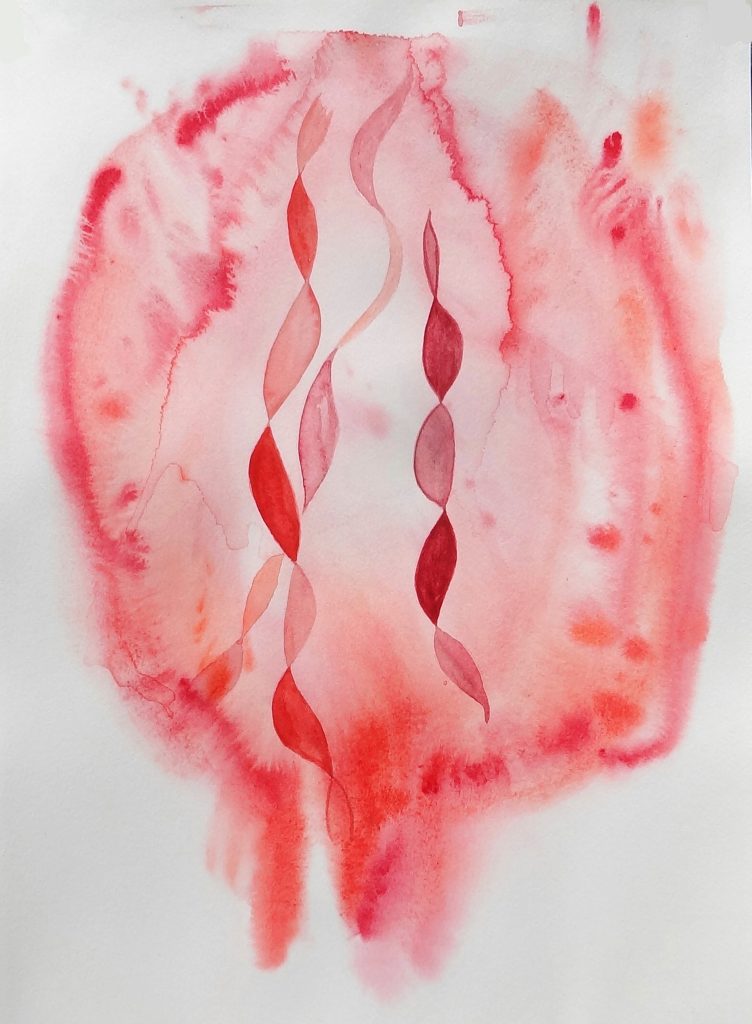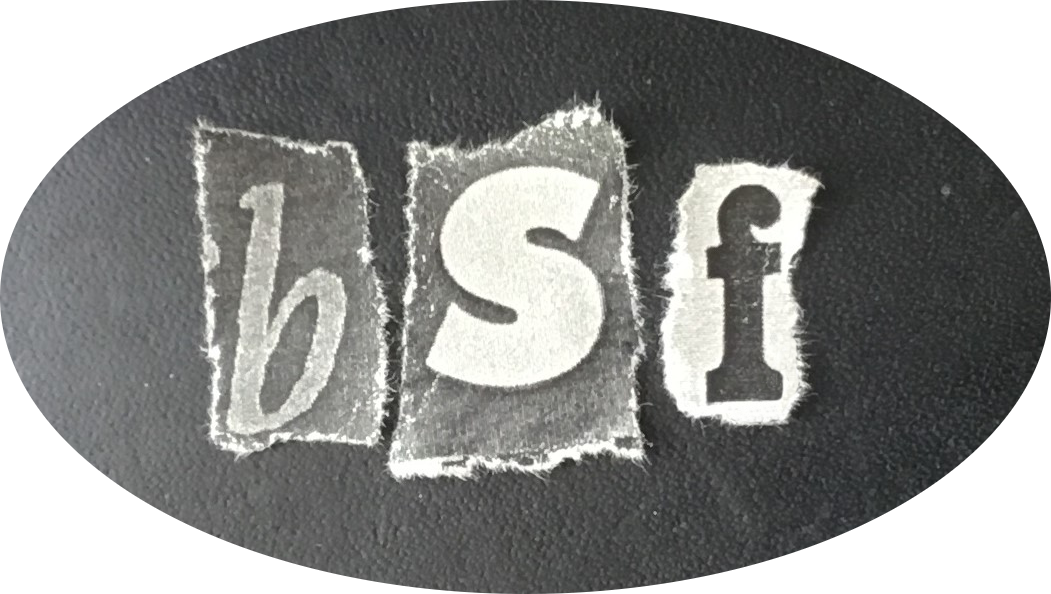by Hannah Froom
In 1973, the UK Government applied a VAT rate of 17.5% to menstrual products.[1] In 2001, the government dropped the tax rate from 17.5% to 5% but refused calls for its complete removal as recently as 2015.[2] In Scotland, menstrual products have been free for all since 2020; for the rest of the UK, the 5% tax rate applied to menstrual protection products was removed from 1 January 2021.[3]
Campaigners had long argued that the classification of menstrual products as ‘non-essential, luxury’ items was sexist and stigmatising. Laura Coryton, founder of the #EndTamponTax petition stated that it was ‘astounding’ when contextualised within a broader understanding of what HMRC did deem essential – including jaffa cakes and bingo.[4] The longevity of the ‘tampon tax’, and the government’s labelling of menstrual products as non-essential, shows how menstrual stigma has persisted in the UK.
In 1996, cis-women who wrote to Mass Observation (MO) expressed their dissatisfaction with the VAT charge on menstrual products. In replies to a directive called ‘Women’s sanitary protection and menstruation’, many cis-women outlined their disapproval both of paying tax on menstrual products and the ways that MPs without adequate understanding or experience made decisions directly impacting their embodied menstrual experiences and day-to-day lives.
The MO responses mirror issues raised in the 2010s. For instance, one MO writer stressed that there was no VAT on champagne, and in this context, VAT on menstrual products was wholly nonsensical. Another compared it to taxing bread and water, branded it unfair, and asked, ‘does the government want women to go back to the days of rags and bandages?’. Another respondent stated that it was ‘sex discrimination to charge’, recalled a government minister comparing menstrual products to shaving equipment, and concluded ‘it strikes me as impertinent that men in the government should make such suggestions’.[5]
These responses reveal longstanding unhappiness at the imposition of VAT, and an acute sense of the casual sexism and menstrual stigma perpetuated through both the legislation and ignorant discussion of it. Nearly twenty years later, campaigners were still making similar points to MO respondents. In 2015, in direct response to tampon tax campaigning, concerns about taxation on men’s razors came to the fore, highlighting that there was no comparable ‘essential’ tax for cis-men.[6] In many ways, little had changed over this twenty-year period.

Stigma, shame and cost barriers still define many young people’s understandings and experiences of menstruation.[7] Campaigns against VAT were one part of a much larger conversation concerning how we learn about menstruation, how it is positioned politically and socio-culturally, and how governments and other agencies fail menstruating people.
Plan International UK state that ‘49% of girls have missed a day of school due to their periods, whilst 10% are unable to afford products, the cost leading 14% to borrow from friends, 12% to improvise, and 19% to change to unsuitable or improvised alternatives’.[8] In an attempt to tackle this, from January 2020 onwards every state-maintained school and college in England have been able to order free period products for their students. This change was facilitated by Amika George and the ‘Free periods’ scheme. Yet research has since shown only 40% of institutions have signed up to the scheme.[9]
When it comes to education, there is growing evidence to suggest that a lack of knowledge about periods and how to manage associated health issues (Endometriosis, PCOS, PMDD, POI) causes increased absences and reduced performance in school, along with an increased vulnerability to debilitating health conditions. Yet schools in Wales have the option to opt-in, or out, of menstrual wellbeing education. Campaigns to make it compulsory led by Fair Treatment for the Women of Wales (FTWW) were voted down in January this year.[10]
One of the main reasons for a lack of access to resources and education is stigma. A Plan International brief on inclusivity and diversity highlighted that it is often difficult to see period poverty and the barriers stopping people from accessing period products because stigma keeps menstruation hidden. “ Stigma,” a Bloody Good Period representative reflected, “is undoubtedly the biggest frontier” in starting conversations about menstruation.[11]
The dearth of information about period poverty is intensified when it comes to understanding the menstrual experiences of trans, non-binary and intersex individuals. Kenny Ethan Jones and Plan International UK suggested that menstrual education can be made more expansive and inclusive by pushing for corporations and the media to use gender-neutral language.[12] But in 2020, official government legislative documents on the removal of VAT still referred to menstrual health and menstrual products as ‘women’s sanitary protection’. The most marginalised continue to be excluded from these conversations at an institutional level.[13]
Menstrual stigma plays a huge part in why it is so difficult to write histories of menstruation and menstruating people. In Menstruation: A Cultural History, Shail and Howie state that advertisements have been the ‘most explicit and loudest form of discussion of the menses’.[14] This reveals just how limited representation and discussion was for people in the past. This makes it challenging to explore the history of menstruation and to understand the ways having a period and facing menstrual stigma affected people’s lives. It is difficult to find personal stories of menstruation, and even harder to do so the more marginalised a person’s identity because the sources do not exist. Yet reading the historical accounts that do exist, such as MO testimony, both for what they do say, and for what they don’t say – their blind spots and limitations – we can start to understand some of the reasons why this stigma has persisted until today.
[1] Laura Coryton, ‘This is how you can help end tampon
tax, once and for all’, (December 2019), available at https://www.stylist.co.uk/long-reads/period-poverty-government-tampon-tax-sanitary-pads-schools-food-banks-money-opinion/256517 [Accessed 08/02/2021].
[2] Amelia Butterly, ‘Why the tampon tax is here to stay – for a while at least’, (9 Febru
ary
2015) https://www.bbc.co.uk/news/newsbeat-31299254 [Accessed 08/02/2021]
[3] Patrick
Collinson, ‘Budget 2020: chancellor plans to finally end tampon tax’ (6 March
2020) https://www.theguardian.com/uk-news/2020/mar/11/rishi-sunak-confirms-tampon-tax-will-be-scrapped [Accessed 08/02/2020], ‘Period Products (Free
Provision) (Scotland) Bill 2020, https://www.parliament.scot/parliamentarybusiness/CurrentCommittees/112914.aspx [accessed 08/02/2021]
[4] Laura Coryton, ‘This is how you can help end tampon tax, once and for all’, (December 2019), available at https://www.stylist.co.uk/long-reads/period-poverty-government-tampon-tax-sanitary-pads-schools-food-banks-money-opinion/256517 [Accessed 08/02/2021].
[5] Responses
to Spring 1996 Mass Observation Directive.
[6] Every
month campaign, ‘Tampon Tax: Why it’s such a Bloody mess’ (10 February
2019), https://www.everymonthcampaign.org/blog/2019/2/10/tampon-tax-why-its-such-a-bloody-mess [accessed 08/02/2020].
[7] Laura
Coryton, ‘This is how you can help end tampon tax, once and for all’, (December
2019), available at https://www.stylist.co.uk/long-reads/period-poverty-government-tampon-tax-sanitary-pads-schools-food-banks-money-opinion/256517 [Accessed 08/02/2021].
[8] Gwen
Schemm, ‘Top 10 Facts about period poverty in the UK’ (July 15 2019) https://borgenproject.org/top-10-facts-about-period-poverty-in-the-uk/ [accessed 08/02/2021
[9] Free Periods
Website, https://www.freeperiods.org/free-periods-in-schools [accessed 09/02/2020].
[10] FTWW
Admin, Menstrual Wellbeing Education: Bringing back the Amendment to the
Education Curriculum Bill (4 February 2021), https://www.ftww.org.uk/mentrual-wellbeing-education-bringing-back-the-amendment-to-the-education-curriculum-bill/ [accessed 09/02/2020].
[11] Dr.
Annalise Weckesser, Gemma Williams, Dr. Angela Hewett, and Amie Randhawa,
‘Inclusivity & Diversity- UK Expert Views’’, https://plan-uk.org/file/plan-uk-ltp-learning-briefing-3pdf/download?token=BIB_vIpS (Accessed, 08/02/2021).
[12] Dr.
Annalise Weckesser, Gemma Williams, Dr. Angela Hewett, and Amie Randhawa,
‘Inclusivity & Diversity- UK Expert Views’’, https://plan-uk.org/file/plan-uk-ltp-learning-briefing-3pdf/download?token=BIB_vIpS (Accessed, 08/02/2021), p.6.
[13] HM Revenue
& Customs, Revenue and Customs Brief 1 (2021): Introduction of the
zero rate of VAT for women’s sanitary products, (23 December 2020), https://www.gov.uk/government/publications/revenue-and-customs-brief-1-2021-introduction-of-the-zero-rate-of-vat-for-womens-sanitary-products [accessed 08/02/2020].
[14] Andrew Shail and Gillian Howie (eds), Menstruation: A Cultural History (Basingstoke, 2005) in Chris Bobel, New Blood Third Wave Feminism and the Politics of Menstruation (Rutgers University Press, 2010), p.33.

